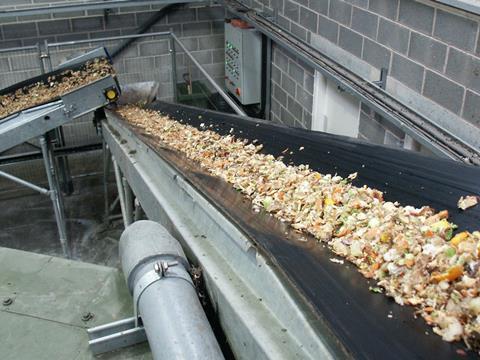
France has passed a new law forcing supermarkets to donate surplus food supplies to charity.
The crackdown, in a country which already redistributes 20 times more food to charity than the UK, looks set to strengthen calls for retailers and suppliers this side of the Channel to step up their efforts on food waste.
The French parliament’s new law was passed unanimously yesterday and obliges supermarkets to give surplus food to charities, or use the waste in other areas such as animal feed.
It will block supermarkets from spoiling unsold food so it cannot be eaten and France’s biggest supermarkets will have to sign formal contracts with charities by July next year, or face huge fines and possibly even prison sentences.
Today the UK’s food redistribution charity FareShare called for companies to do more, although it acknowledged there were differences between the systems in the two countries.
“Our experience tells us that food surplus is not solely a supermarket issue,” said Lindsay Boswell, FareShare CEO.
“Through close collaboration between suppliers, logistics partners and FareShare, the supermarkets play an important role in introducing operational process that diverts surplus products for redistribution. Anticipating surplus products in the supply chain means that it can be managed more effectively and diverted immediately, rather than continuing further along the supply chain.”
“There is a significant difference between the extent to which food is being redistributed in France. The French food industry, Government and associated charities have already made huge inroads in tapping food further up the supply chain, amongst manufacturers, where the majority of surplus occurs.
“While Government intervention can be a positive step in trying to achieve waste minimisation and a fairer system that promotes surplus redistribution in the food industry, we believe that the best results are obtained when food companies realise the potential and the benefits linked to redistribution.”
The Grocer reported this week that the government expert behind a damning House of Lords report on food waste had accused supermarkets of hiding behind the problem of consumer waste to duck their own responsibilities.
Parfitt called for all supermarkets to follow Tesco’s lead in publishing their individual food waste figure and called on the industry to addresses what he condemned as “stupid” supply chain practices, which prevented food being redirected for human consumption.
Yesterday Tesco revealed it had reduced the amount of food wasted in its stores and distribution in centres by 1,180 tonnes in the past year, although it admitted 55,400 tonnes of food were still wasted in 2014/15, in what it admitted had been a “challenging” year for its sustainability strategy.
FareShare is to launch a new tool aimed at helping suppliers step up their efforts, at its Surplus Food Summit, taking place in Westminster, London, on 17 June.
The event is supported by the BRC and the FDF as well as the Fresh Produce Consortium, and aims to share leading best practice to encourage the whole of the industry to do the right thing with their surplus food.







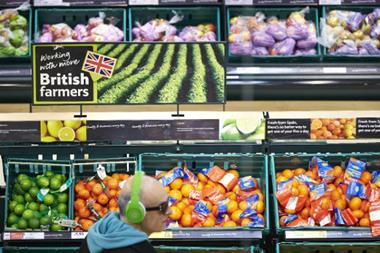
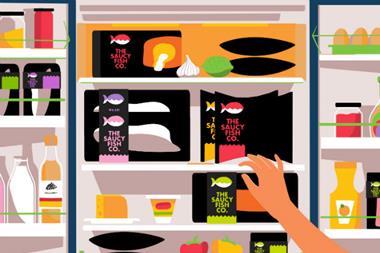

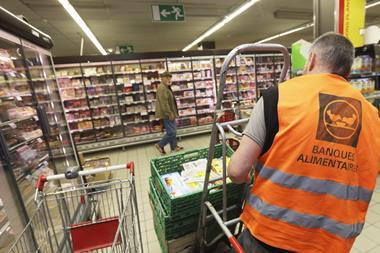
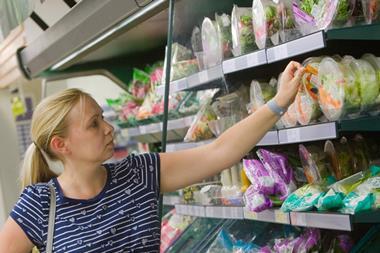
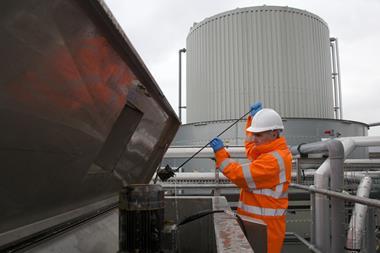

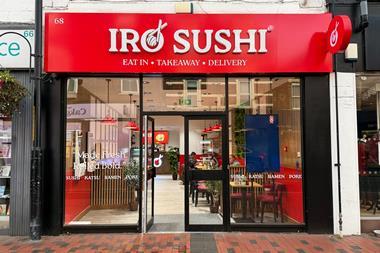



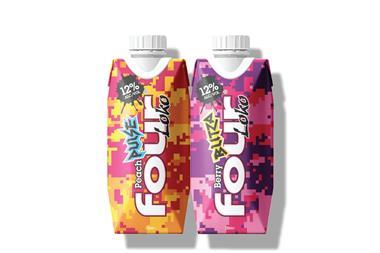
1 Readers' comment